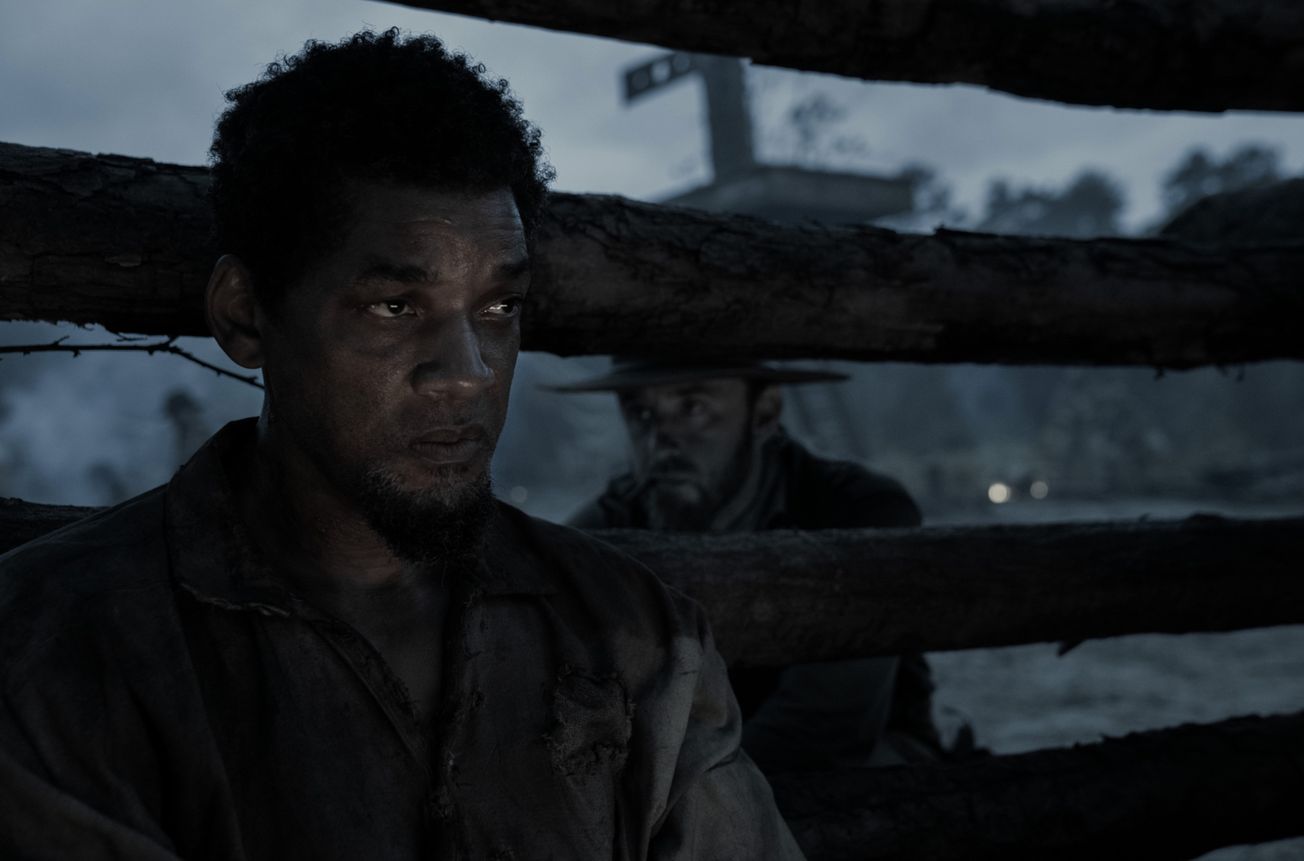By Emily Robson, Politics & IR, First Year
Emancipation movingly explores the brutality of slavery just before its abolition in America. It is a film which contemplates painful emotions, unbearable cruelty and the power of faith, with a stunning performance from Will Smith.
Emancipation evocatively and movingly tells the true story of ‘Whipped Peter’ (Will Smith), detailing his escape from slavery, his time on the run and his experiences in the Union army. Set in Louisiana in 1863, the viewer is plunged into a world of merciless heat, dust, rattling carts, and the casual brutality of the slave overseers whose curling pipe smoke and menacing smiles stalk the film.
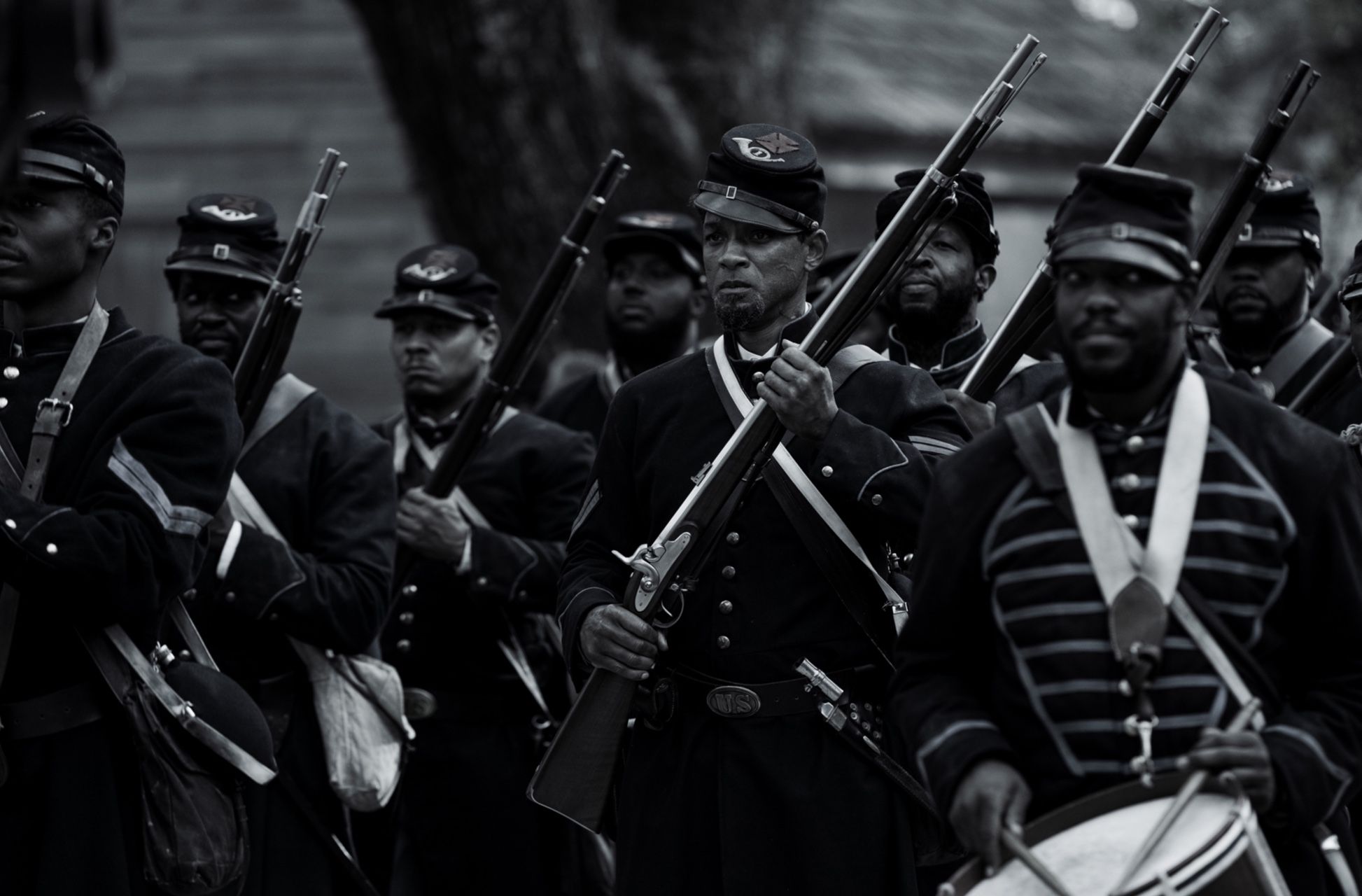
Will Smith is striking as Peter. Through harrowing looks and gritty expressions, he skilfully executes the difficult balancing act of appearing both vulnerable and unwaveringly resilient, capturing Peter’s faith and determination to survive. Although Peter does fight against an alligator halfway through the film, which did seem a little unrealistic, Smith’s performance remains captivatingly gritty throughout, making Peter still come across credibly.
The film mostly takes place in the sweltering swamps of Louisiana which appear both beautiful yet dangerous. The animals within the swamps present Peter with multiple challenges. Flies, snakes and even alligators threaten to prevent him reaching Lincoln’s army in Baton Rouge.
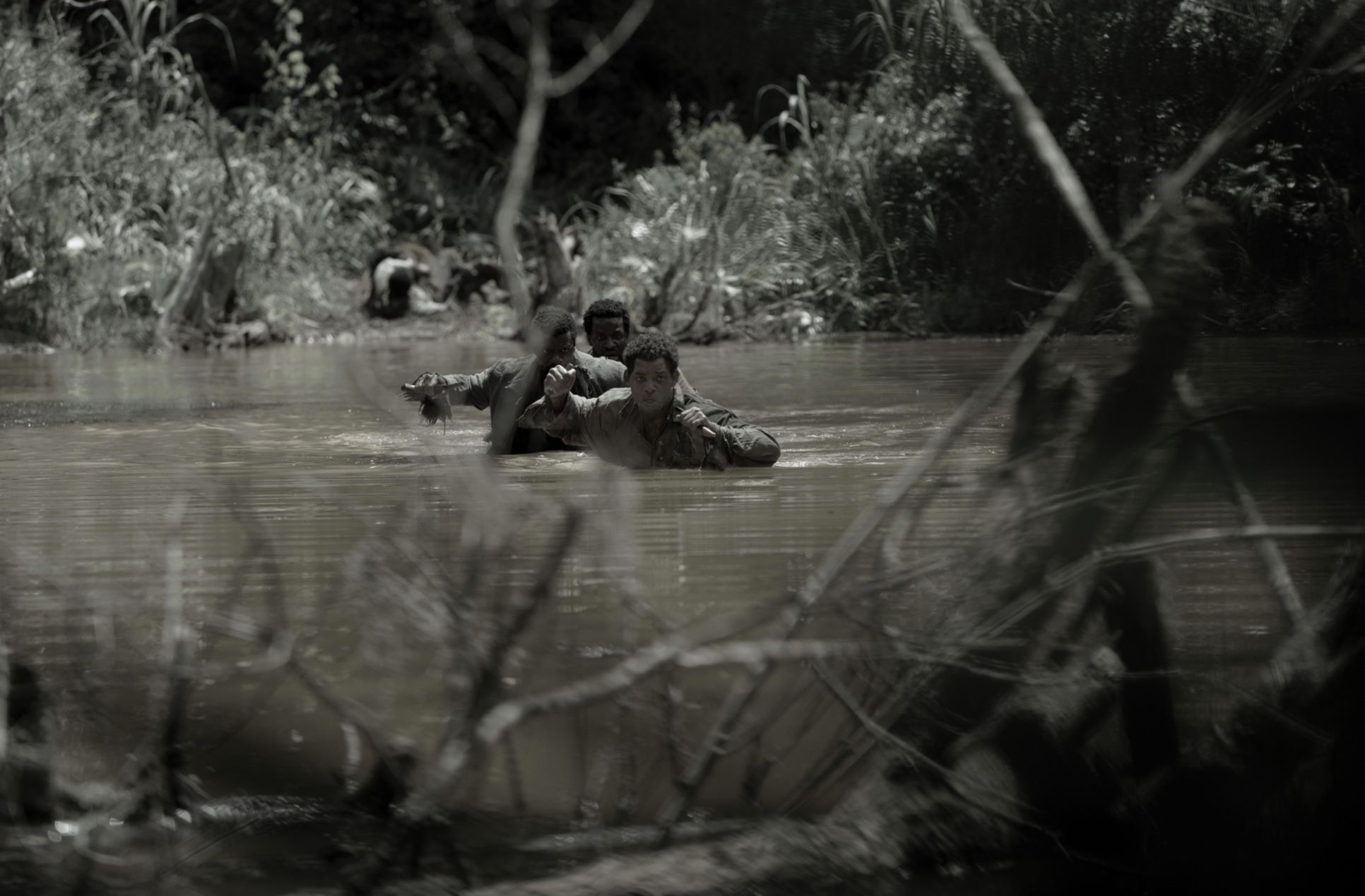
Peter, himself, is depicted by his hunters as just another “animal” within the swamp, and he is treated as such: their dogs track his scent as if he is their prey. Through this scenario, the shocking way enslaved people were dehumanised is brutally revealed.
Death and violence plague the film, reflecting the daily horrors experienced by enslaved people. Sightings of severed heads, mass graves and shootings at point blank range all made up the horrifying day-to-day routine of the enslaved people.
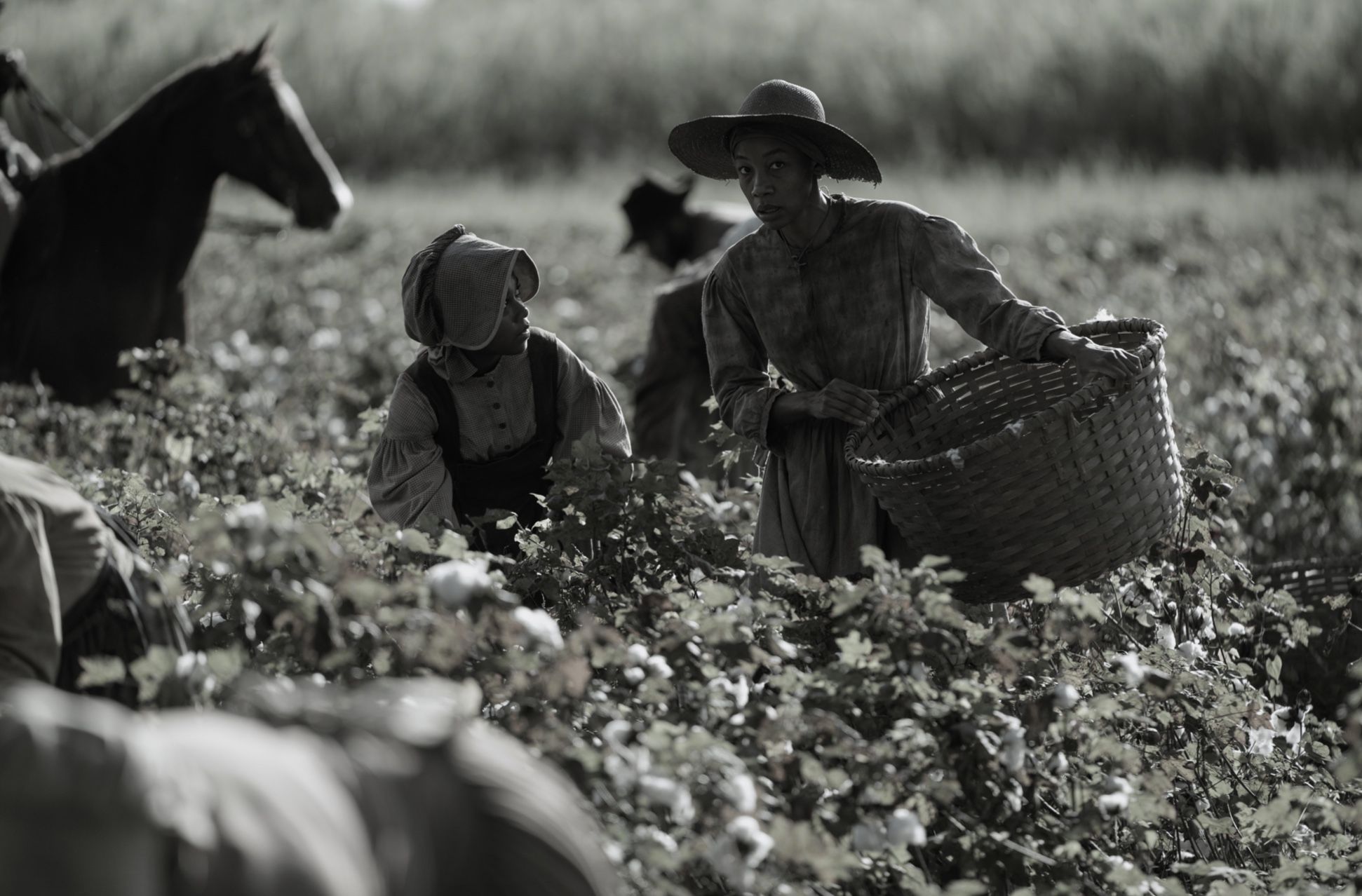
The lengths the enslaved people go to to protect those they love is extraordinary. For instance, when a mother is ruthlessly told by her overseer that she will be sent away to work elsewhere and will be forced to leave her children, she deliberately breaks her arm to ensure that she can stay. Extreme lengths of love such as these are juxtaposed with the incomprehensible mercilessness of the overseers.
The film, for me, echoed 1917 (2019) in its structure and close attention to setting and sound. The snorting horses, the yapping dogs and the smug whistling of the hunters provide a nightmarish soundtrack to the pursuit of Peter. In addition, dir. Antoine Fuqua’s employment of slow motion passages create great tension where ragged breathing and the rhythmic thud of the horses’ hooves pound ferociously through the screen.
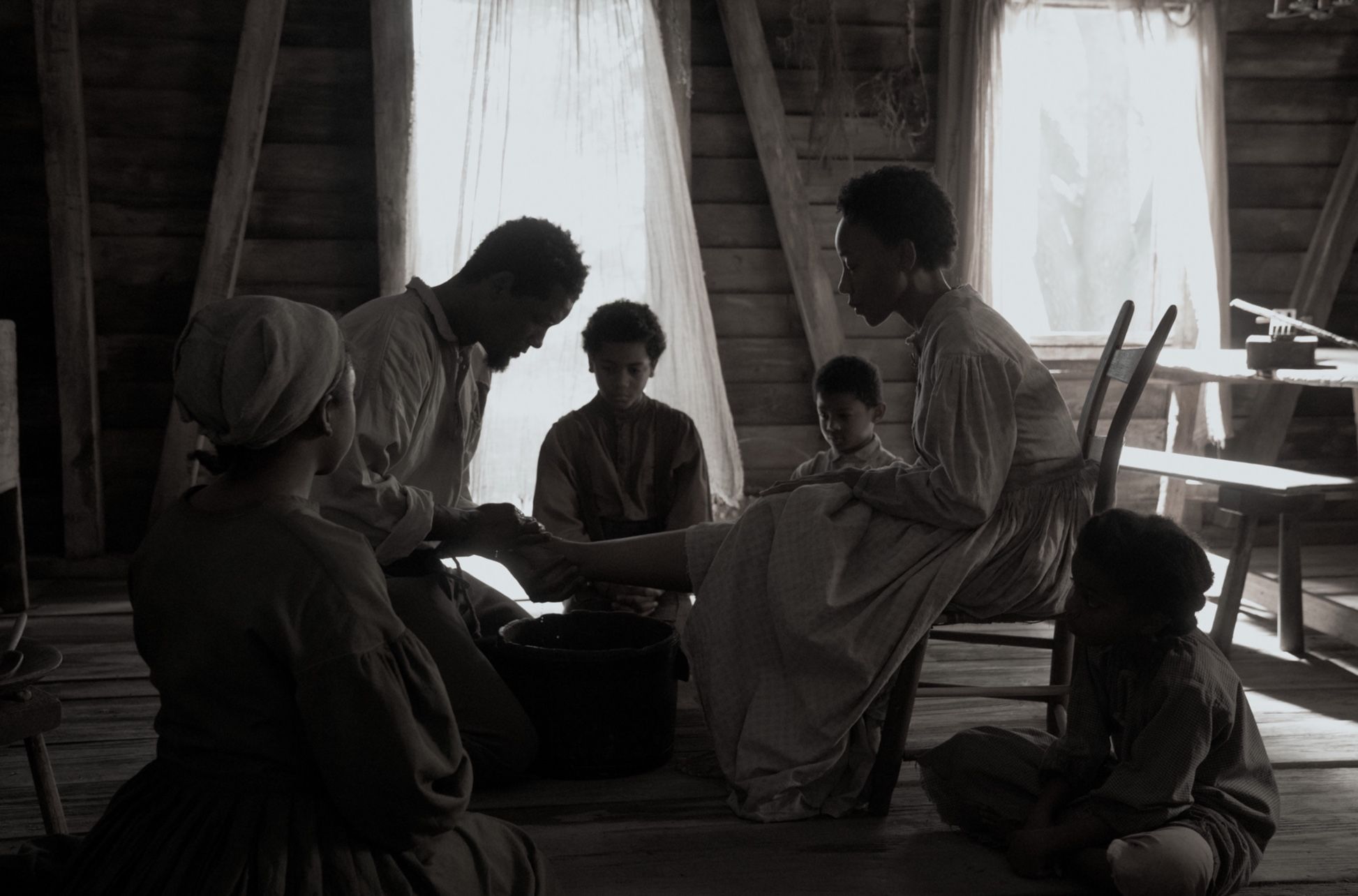
Emancipation’s visceral portrayal of immense suffering yet great human spirit marks it out as a significant contribution to films concerning slavery. As Peter rousingly says, towards the end of the film, “They [the overseers] break the bones in my body more times than I can count. But they never, never break me.”
Featured Image: Courtesy of IMDB
Did you find the violence in Emancipation overwhelming or necessary, or both?

